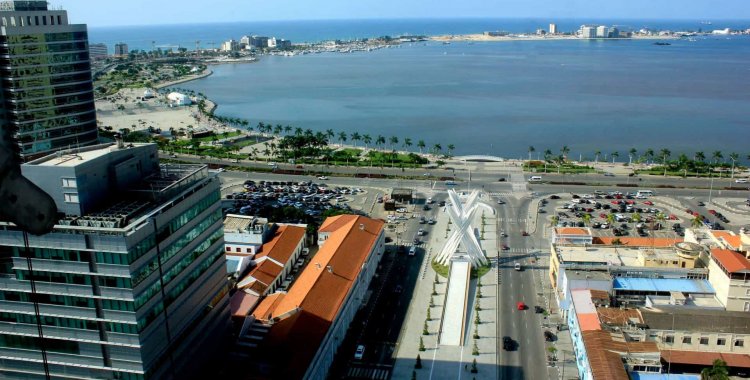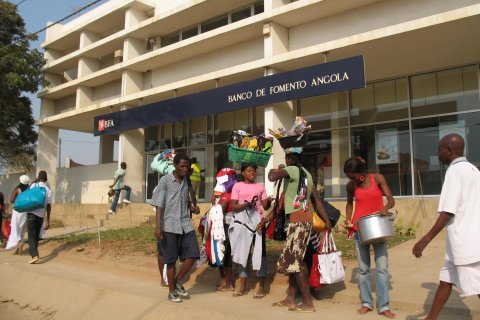"Countries that have already participated in the Debt Service Suspension Initiative (DSSI) and have high debt service needs are the most likely to join the Common Framework" for debt treatment beyond the DSSI, reads an analysis note written by the economic studies department of this forum that brings together private creditors worldwide.
"This group includes Angola, Mauritania, the Maldives and Mozambique which, like Ethiopia, is facing significant security challenges," the analysts point out in the analysis sent to private creditors, to which Lusa had access.
The document comes at the same time when Mozambique is due to start negotiations with the International Monetary Fund (IMF) for the implementation of a financial aid program and also comes from the repeated assurances given by the Angolan government that it will not seek to restructure debt with private creditors, including that resulting from the issuance of sovereign debt (Eurobonds).
However, the report adds, "countries such as Ivory Coast, Senegal and Zambia that have a more active creditor base and large volumes of unpaid private debt (Eurobonds) may be reluctant to join the debt treatment under the Common Framework because of concerns about potential downgrades and loss of market access."
The DSSI is an initiative launched by the G20 in April last year that guaranteed a moratorium on debt payments from the most indebted countries to the most developed countries and multilateral financial institutions, with an initial deadline of December 2020, which was then extended to June this year, with the possibility of a further six-month extension.
This initiative only suggested that countries seek private sector debt relief, whereas the Common Framework, approved by the G20 in November, states that private creditors must be approached, although it does not say explicitly what happens if there is no agreement between the debtor and the creditor.
Ethiopia's application to join the framework in late January rattled investors, who saw the country as the first of several countries in sub-Saharan Africa to apply for debt relief, a group that already includes Chad and Zambia.
In the report, the lenders say that last year saw "record financial defaults on sovereign debt securities," pointing to the cases of Argentina, Belize, Ecuador, Lebanon, Suriname, and Zambia and pointing out that "although the covid-19 pandemic was an important factor, in many of these cases the pandemic simply exacerbated debt problems that already existed."
Still, they add, the outlook was only not worse due to a number of factors, including DSSI, increased support from multilateral financial institutions, which rose 30 percent in 2020 to more than $120 billion, and increased domestic financing, with local currency bond issuance more than doubling to $105 billion in the 73 DSSI-eligible countries.







